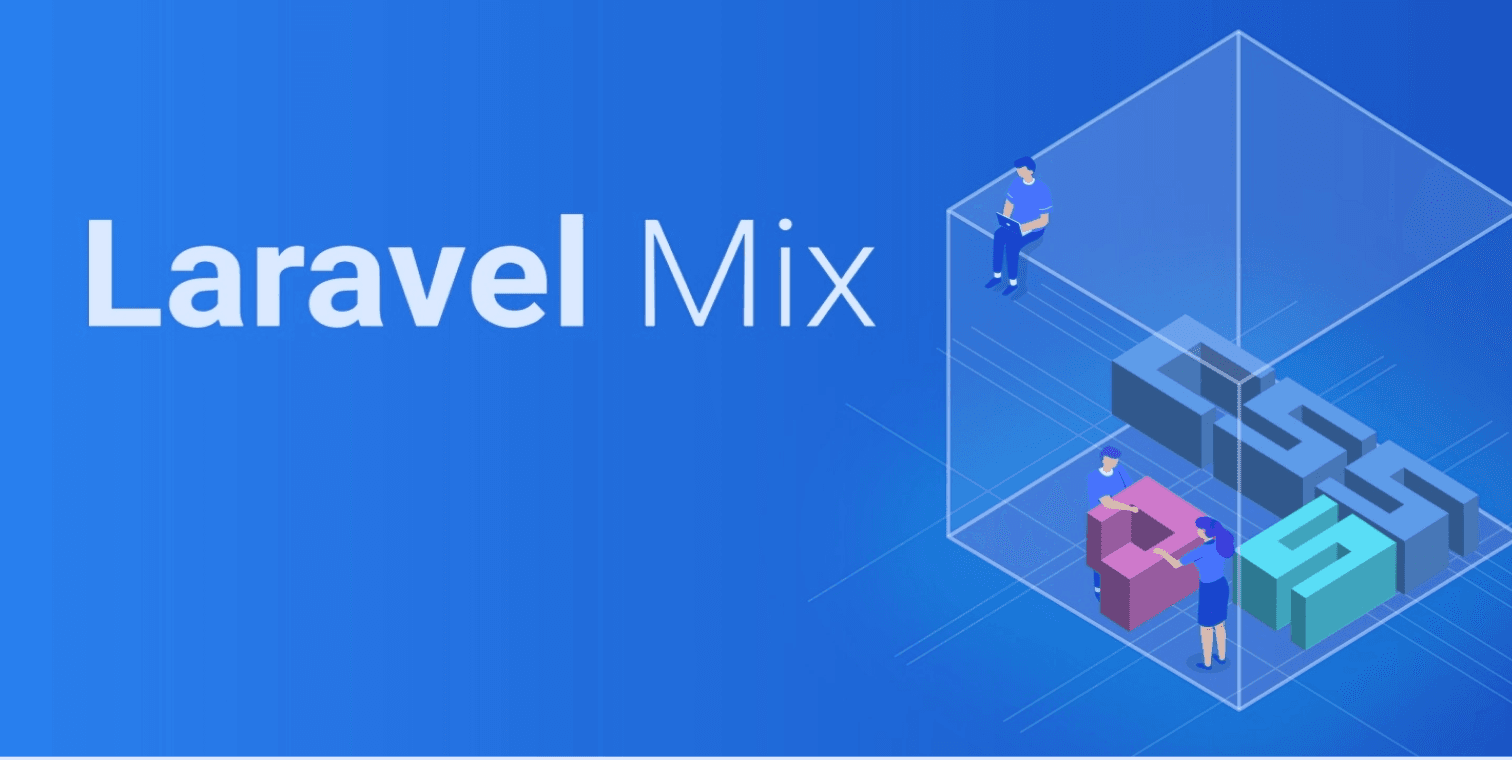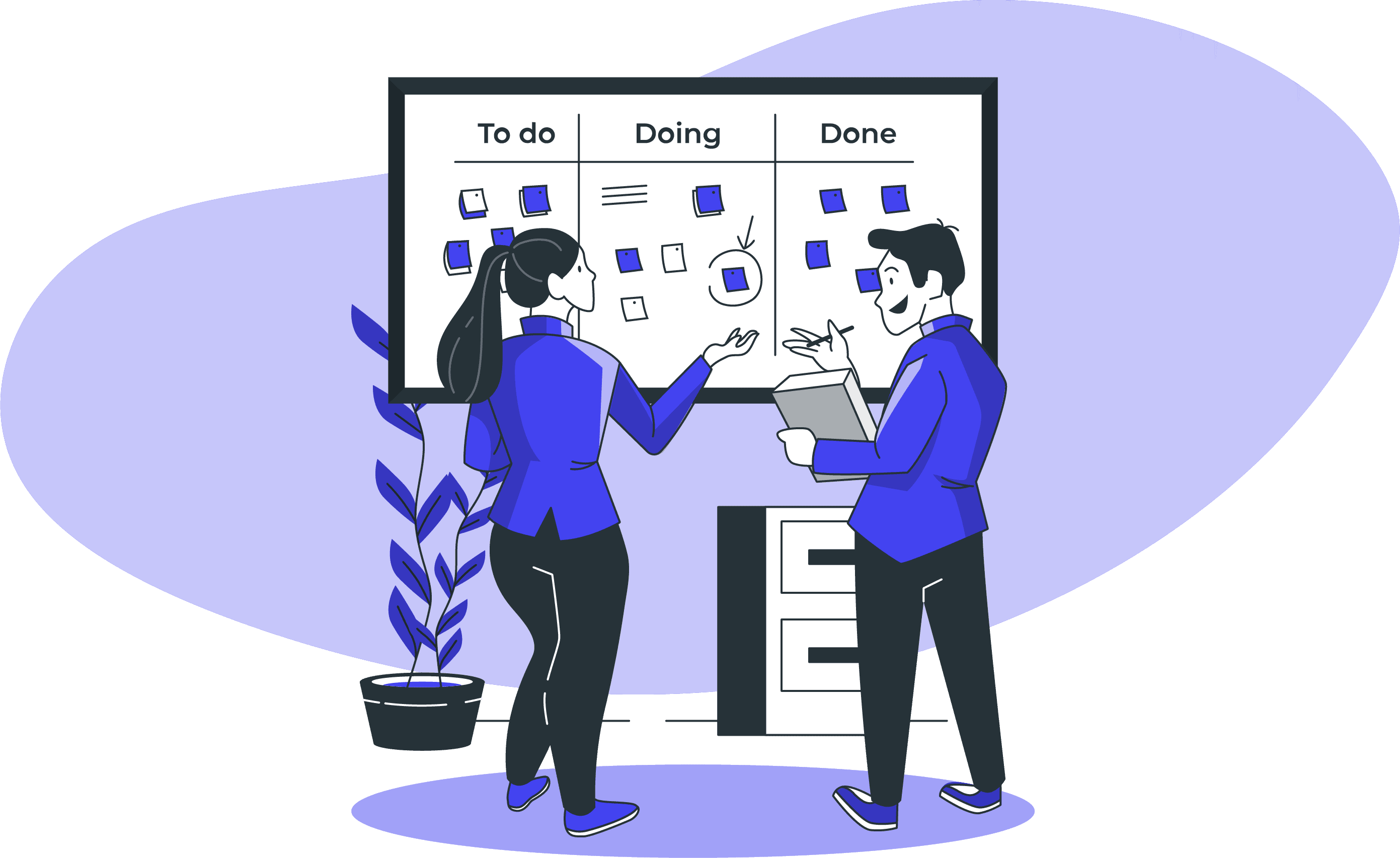Share this article:

Scrum artefacts
Agile scrum artefacts are pieces of information that a scrum team and stakeholders can use to provide more information about the product that is being developed, the activities that were performed to produce it, and the activities that were performed throughout the project. The product backlog, the sprint backlog, and increments are the primary artifacts that are used in agile scrum.
In the field of software development, the term "artefact" is used to refer to essential pieces of information required for the creation of a product.
The scrum experience of planning, developing, tracking, and iterating on tasks to build software produces its own unique byproducts, which are unique to the agile software development methodology.
Product backlog
As described in the Scrum Guide, the product backlog is an emergent, ordered list of what is needed to improve the product. It is the single source of work undertaken by the Scrum Team.
Product increment
The total value of all of the product backlog items that were finished during a sprint is added to the value of the increments from all of the sprints that came before it to create the product increment. At the conclusion of a sprint, the newly developed Increment needs to be "Done," which indicates that it must be in a state where it can be put to practical use and fulfil the requirements established by the Scrum team.
Definition of done
A user story or a project can only be considered finished once a predetermined list of tasks, known as the Definition of Done, have been carried out to their respective levels of completion. It is used in a consistent manner and functions as an official gate that separates things that are "in progress" from those that are "done."
SUBSCRIBE TO OUR NEWSLETTER
Share this article:


.png&w=3840&q=75)








